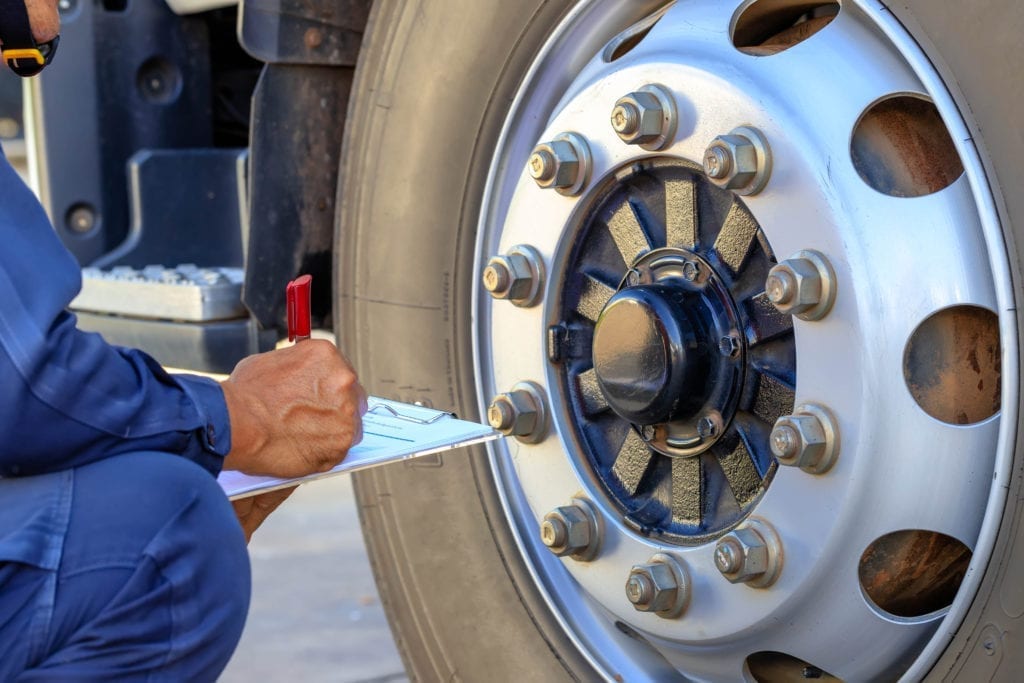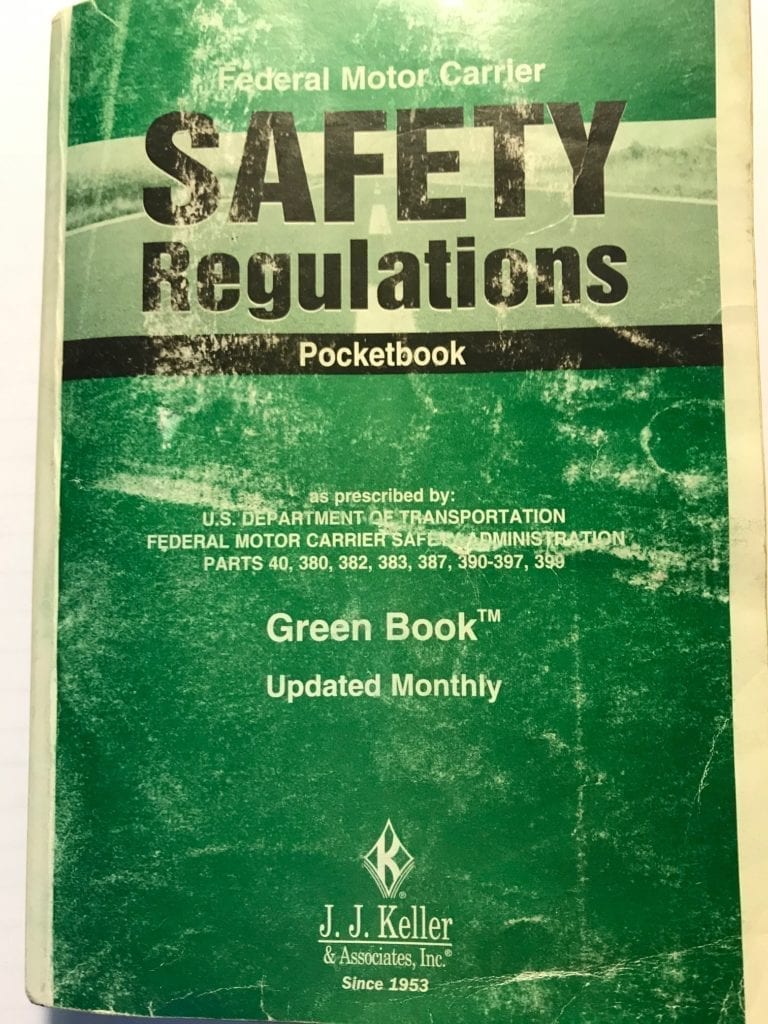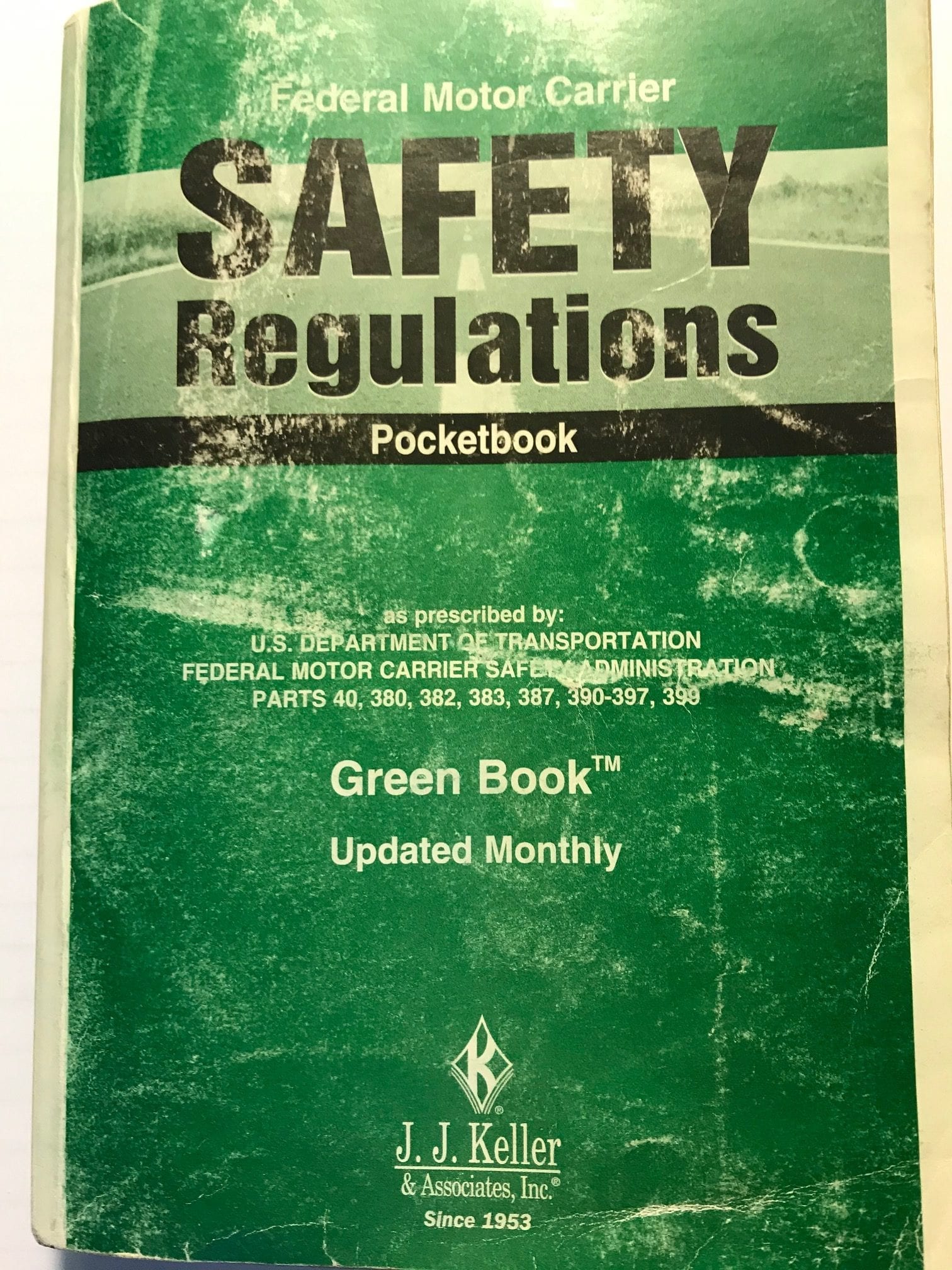
BRIAN J GRABER LLC is a truck driver whistleblower lawyer representing truck drivers in STAA whistleblower claims who are discharged or retaliated against because they refused to drive unsafe trucks in Illinois, Indiana, and Michigan. The Surface Transportation Assistance Act (STAA) 49 U.S.C. 31105(a)(1)(B)(i) and (ii) prevent employers from terminating or otherwise retaliating against truck drivers who refuse to drive a truck for the following reasons:
- Operation would violate a regulation, standard, or order of the United States related to commercial motor vehicle safety, health, or security; or
- The truck driver has a reasonable apprehension of serious injury to himself/herself or the public because of the vehicle’s hazardous safety or security conditions and the truck driver has sought and has been unable to obtain correction of the hazardous safety or security condition from the employer. A truck driver’s apprehension of serious bodily injury is “reasonable” only if a reasonable individual in the circumstances then confronting that truck driver would conclude that a hazardous safety or security condition establishes a real danger of accident or injury or serious impairment to health.
This is known as an STAA refusal to drive unsafe trucks.
Under the STAA, 49 U.S.C. 31105(a)(1)(B)(i) a truck driver can refuse to operate a truck only if operation of the truck would actually violates a U.S. Department of Transportation regulation, standard, or order.

If driving the truck would violate the Federal Motor Carrier Safety Regulations, the truck driver under Section 31105(a)(1)(B)(i) can refuse to drive the truck. Common reasons for refusing to drive a truck under Section 31105(a)(1)(B)(i) include the following:
- Operation of the truck would violate Hours of Service 49 C.F.R. 395;
- The truck driver’s ability is impaired by illness, fatigue, drugs, or alcohol. 49 C.F.R. 392.3, 49 C.F.R. 392.4, and 49 C.F.R. 392.5;
- Driving in violation of state or local laws, such as weight limits, is a violation of 49 C.F.R. 392.2;
- Driving a truck that fails to meet the equipment requirements in 49 C.F.R. 393.1(c) which in general requires operating lamps and reflective devices, brakes, and emergency equipment. 49 C.F.R. 396.7(a) states that a truck shall not be operated in such a condition as to likely cause an accident or breakdown of the truck.
- Driving a truck in violation of the hazardous materials requirements in 49 C.F.R. Subchapter C.
In Maverick Transp., LLC v. U.S. DOL, 739 F.3d 1149, 1156 (8th Cir. 2014) the court held that the DOL properly concluded that a truck driver’s refusal to drive a truck because of a fluid leak in the power steering box, a violation of 49 C.F.R. 393.209(e), and a chaffing brake hose, a violation of 49 C.F.R. 393.1(c) was protected activity under the STAA, 49 U.S.C. 31105(a)(1)(B)(i).
REFUSING TO DRIVE A TRUCK DUE TO A REASONABLE APPREHENSION OF SERIOUS INJURY TO THE EMPLOYEE OR PUBLIC BECAUSE OF THE TRUCK’S CONDITION.
The STAA, 49 U.S.C. 31105(a)(B)(ii) may allow a truck driver to refuse to operate a truck because he/she has a reasonable apprehension of serious injury to himself/herself or to the public because of the truck’s hazardous safety or security concern. However, the STAA, 49 U.S.C. 31105(a)(2) imposes three requirements on a driver that must be met before the driver can refuse to drive a truck under 49 U.S.C. 31105(a)(B)(ii) as follows:
- The truck driver’s apprehension must be reasonable. This means the driver’s apprehension of serious injury is reasonable if a reasonable individual in the circumstances then confronting the truck driver would conclude that the hazardous safety or security condition establishes a real danger of accident, injury, or serious impairment to health.
- The truck driver must have sought from the employer or management correction of the hazardous safety or security condition on the truck.
- The truck driver was unable to obtain from his/her employer or management correction of the hazardous safety or security condition.
Only after these three requirements have been met can a driver refuse to drive a truck under the STAA, 49 U.S.C. 31105(a)(B)(ii). The truck driver must be civil and respectful when seeking to have the employer correct a hazardous condition. See Formella v. U.S. DOL, 628 F.3d 381, 393 (7th Cir. 2010) (holding the Board could reasonably conclude that in shouting so loudly that other employees ran toward the office to see what was the matter, the driver exceeded any leeway to which he was entitled in pursuing his statutory rights).
The STAA, 49 U.S.C. 31105(b)(2) requires an aggrieved employee to file a Whistleblower Complaint with OSHA not later than 180 days after the alleged retaliation occurred for refusing to drive an unsafe truck. If you would like to learn more about your statutory rights under the STAA to refuse to drive unsafe trucks, contact BRIAN J GRABER LLC a truck driver whistleblower lawyer representing truck drivers in Illinois, Indiana, and Michigan who are retaliated against in violation of their rights under the STAA. Call the Illinois office: (312) 291-4648 or the Indiana office: (574) 395-5189 or in Michgian at (269) 230-6054 or by email to schedule a free confidential consultation.

